Showing 541–552 of 678 results
-
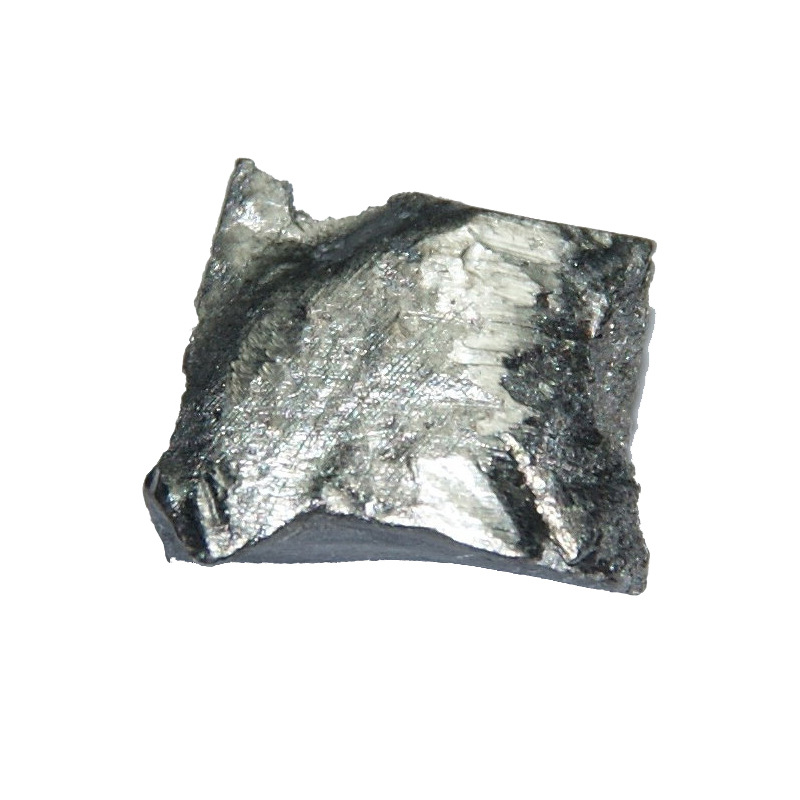
- High Purity: Terbium pellets are typically offered with purity levels of 99.9% or higher, ensuring high-quality thin-film deposition.
- Excellent Magnetic and Optical Properties: Terbium’s unique magnetic and optical characteristics make it ideal for magneto-optical devices and display technologies.
- Versatile Deposition: Terbium pellets are suitable for various thin-film deposition methods, including thermal evaporation and e-beam evaporation, providing flexibility for different applications.
- Green Emission: Terbium is widely used in phosphors for green light emission, contributing to color display technologies and efficient lighting systems.
-
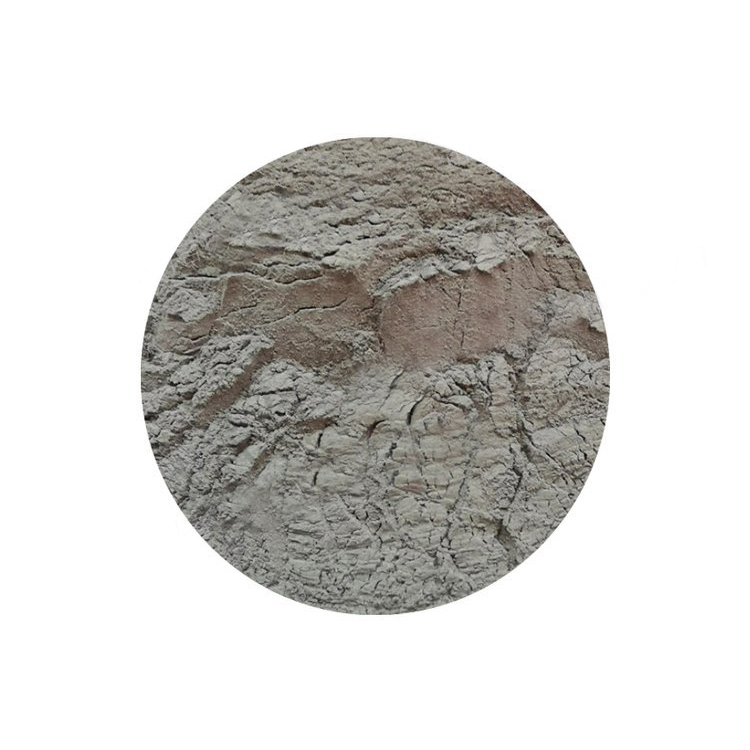
- High Purity: Ensures superior performance in specialized applications.
- Magnetic Properties: Excellent magnetostrictive and magneto-optical characteristics.
- Optical Applications: Outstanding performance in light-emitting devices and phosphors.
- Customizable Particle Size: Available in various sizes to suit specific industrial needs.
- Stable and Reactive: Carefully processed to minimize oxidation and ensure long-term usability.
-
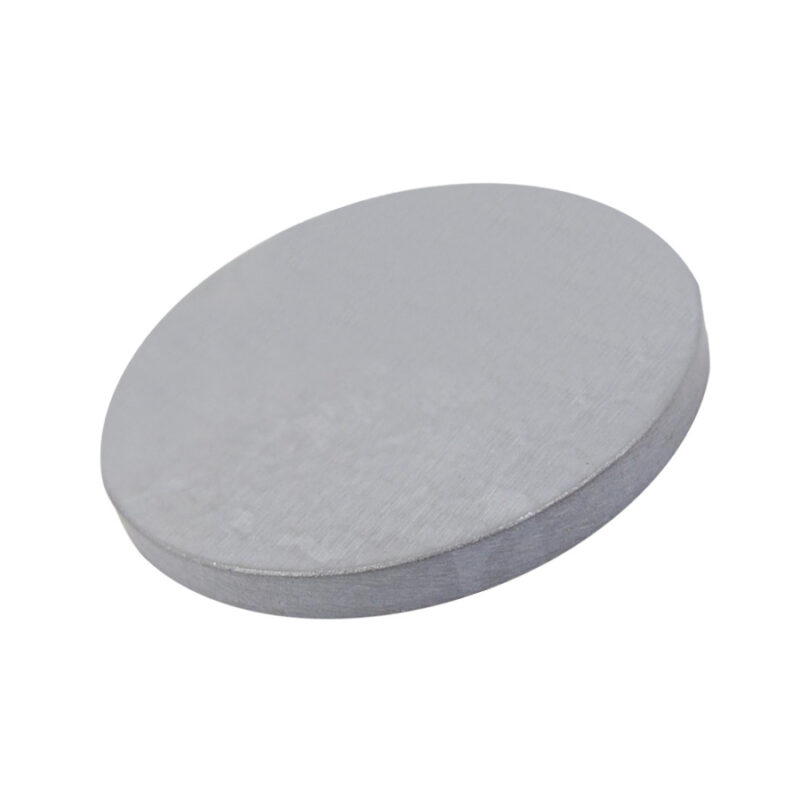
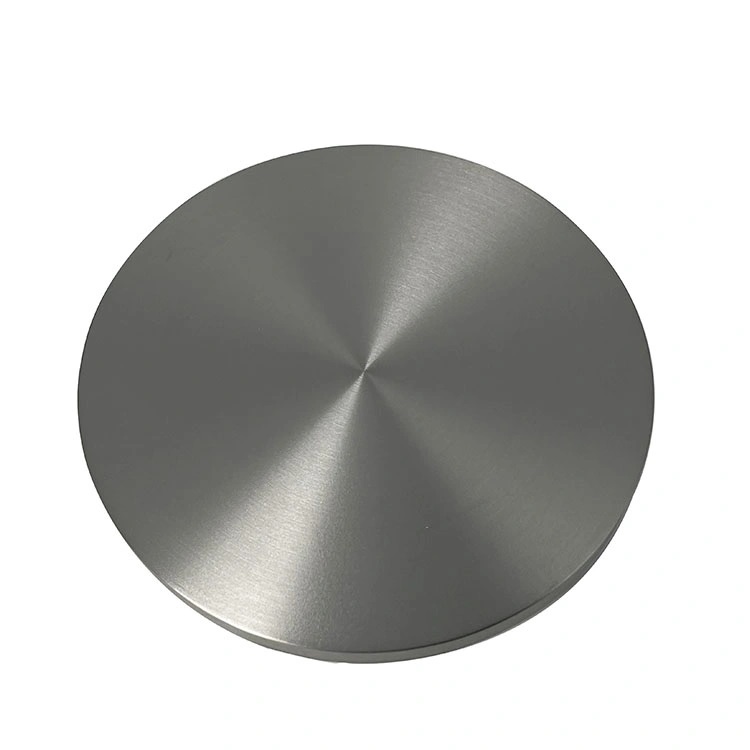
Terbium sputtering targets are essential in the production of thin films with unique magnetic and optical properties, making them invaluable in advanced technologies such as magneto-optic devices, magnetic refrigeration, data storage, and high-performance displays. Despite its rarity, terbium’s distinct characteristics offer significant advantages in specialized industrial and technological applications.
-
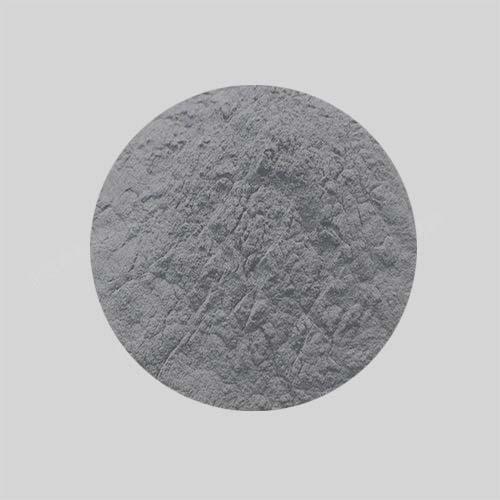
- High Purity: ≥99.9% purity ensures optimal performance and reliability in sensitive applications.
- Luminescent Properties: Exceptional performance as a phosphor material, particularly in green emission.
- Catalytic Activity: Effective in catalytic applications, particularly in environmental protection and energy-efficient processes.
- Stability: Chemically stable and resistant to high temperatures and oxidation, making it suitable for high-performance applications.
- Versatile Particle Size: Available in various particle sizes, including nanometer and micron scales, for customized applications.
-
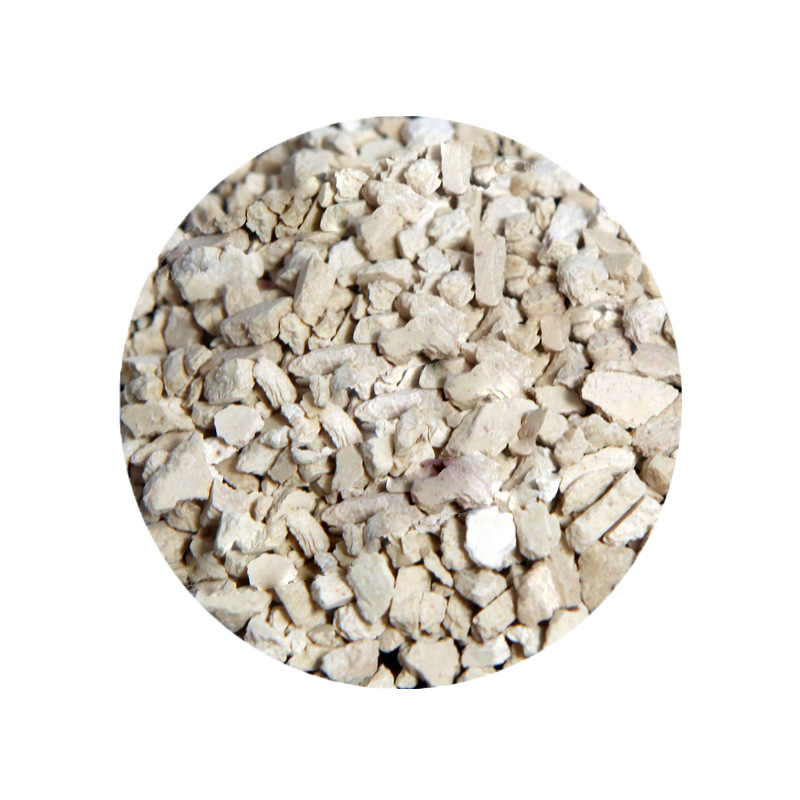
- High Refractive Index: Tb₂O₃ is ideal for optical coatings requiring high transparency and minimal loss in the infrared spectrum.
- Magnetic Properties: Its strong magnetic properties are critical for use in magneto-optical and magnetic storage devices.
- Thermal Stability: Tb₂O₃ has a high melting point and good thermal stability, making it suitable for high-temperature evaporation processes.
- Rare Earth Characteristics: As a rare earth oxide, Tb₂O₃ has unique optical and electronic properties that make it valuable in niche technological applications.
-
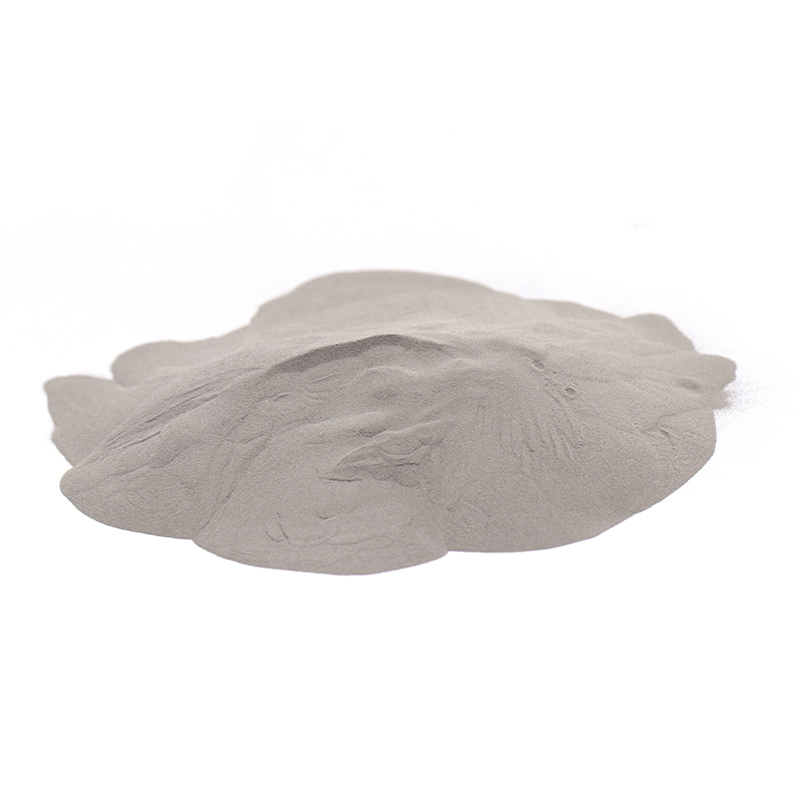
- Superior Strength-to-Weight Ratio: TC4 offers exceptional strength while maintaining a lightweight profile, making it ideal for demanding applications.
- Corrosion Resistance: Resistant to corrosion in various environments, particularly in harsh aerospace and marine conditions.
- Biocompatibility: Safe for medical and implant applications due to its non-toxic and biocompatible properties.
- Excellent Weldability: The alloy’s composition allows for good weldability, ensuring reliable performance in critical applications.
- High Durability: Resistant to wear and fatigue, making it suitable for long-lasting and high-performance products.
-
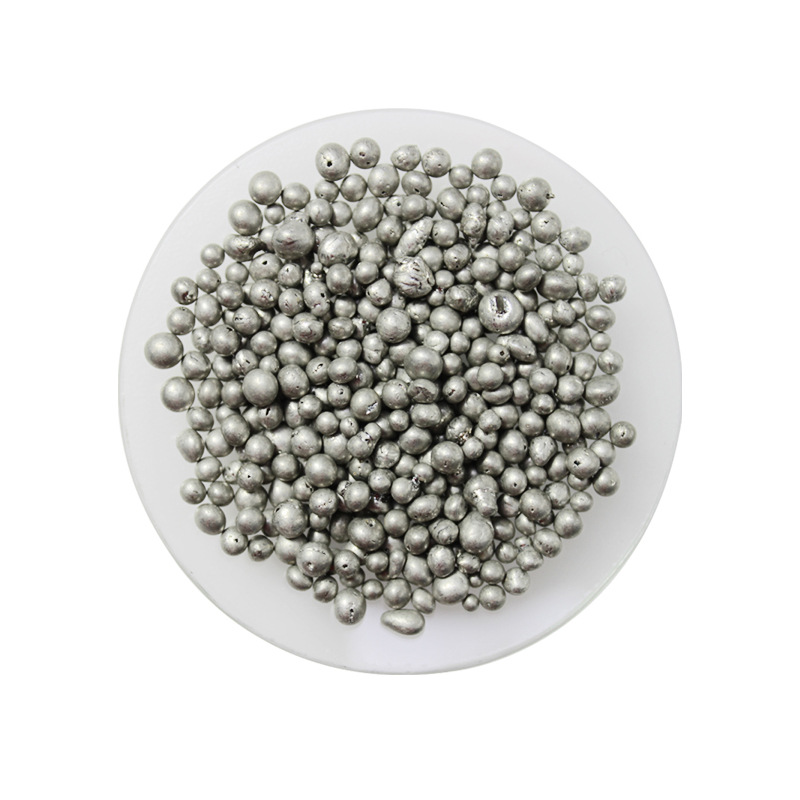
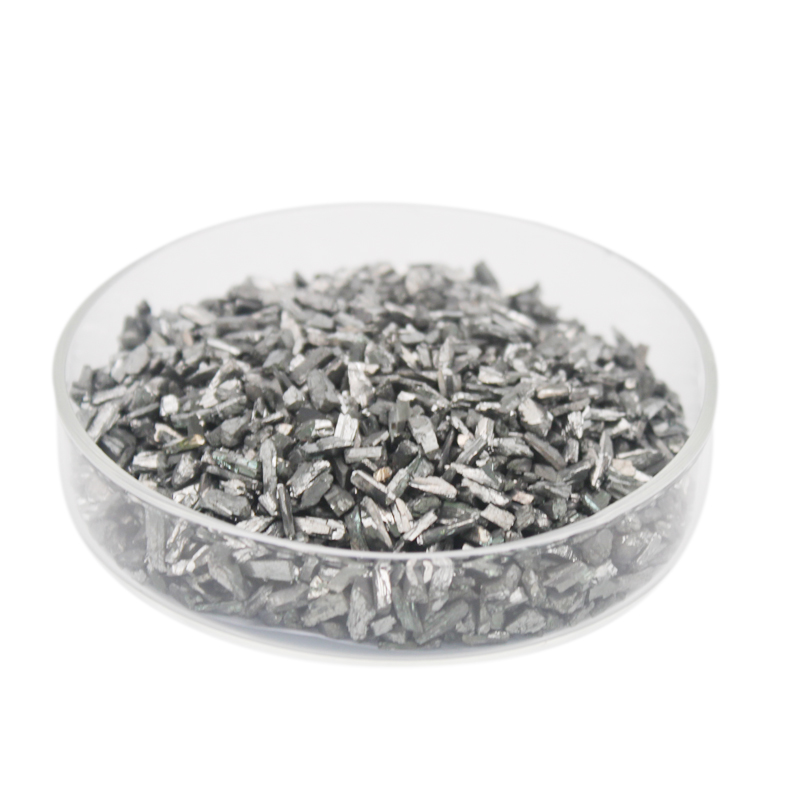
- High Thermoelectric Efficiency: Tellurium-based materials, like Bi2Te3, are widely recognized for their superior thermoelectric performance, essential for thermoelectric cooling and power generation.
- Infrared Transparency: Tellurium compounds exhibit transparency in the infrared spectrum, which makes them useful for IR optics and imaging devices.
- Phase-Change Properties: Tellurium has excellent phase-change properties, which enable its application in PCM for non-volatile memory storage.
- High Purity: Tellurium used in evaporation is typically of high purity (≥ 99.9%), ensuring uniformity and high-quality thin film deposition.
- Stable Evaporation: Tellurium can be evaporated with thermal and electron-beam techniques, providing consistent deposition rates for thin films.
-
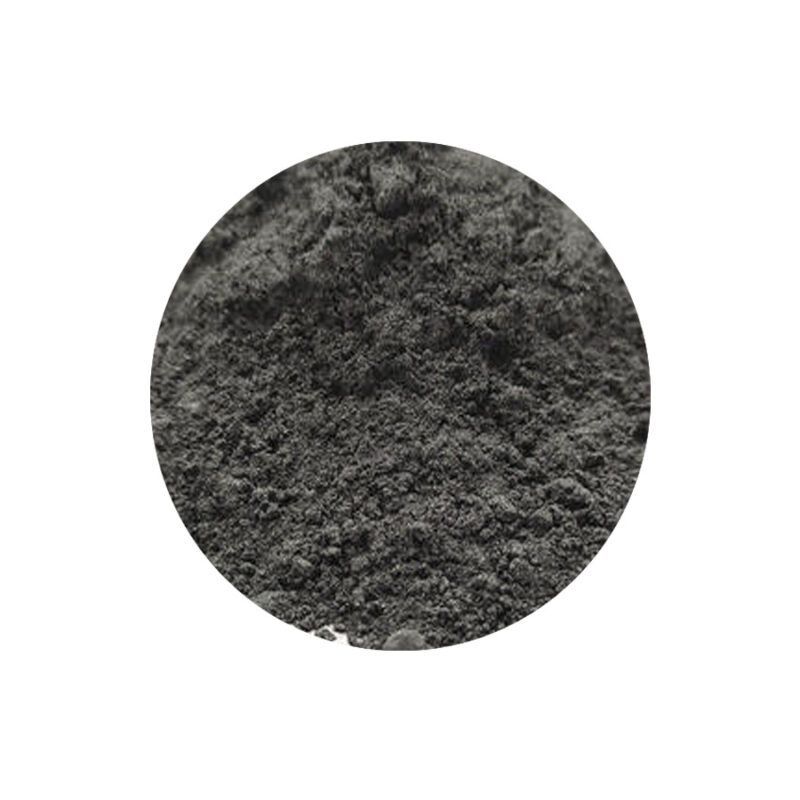
- Semiconductor Properties: Tellurium’s ability to act as a semiconductor makes it crucial in electronics, especially in combination with other elements like cadmium and bismuth.
- Thermoelectric Efficiency: Tellurium’s thermoelectric properties allow it to convert heat energy into electrical energy, making it valuable for energy-harvesting applications.
- Corrosion Resistance: When alloyed with metals like copper and steel, tellurium improves corrosion resistance and machinability.
- High Density: Tellurium has a high density, making it suitable for certain high-performance alloys and specialized applications in material science.
-

- Excellent Photovoltaic Properties: TeCd, especially CdTe, is widely used in thin-film solar cells due to its excellent light absorption and efficient energy conversion.
- Infrared Sensitivity: TeCd thin films exhibit high sensitivity to infrared light, making them suitable for infrared detectors and thermal imaging devices.
- Stable Thin Films: TeCd films are chemically stable and durable, ensuring long-term performance in harsh environmental conditions.
- Efficient Energy Conversion: TeCd materials offer high energy conversion efficiency, particularly in solar and thermoelectric applications, providing reliable performance in energy devices.
-
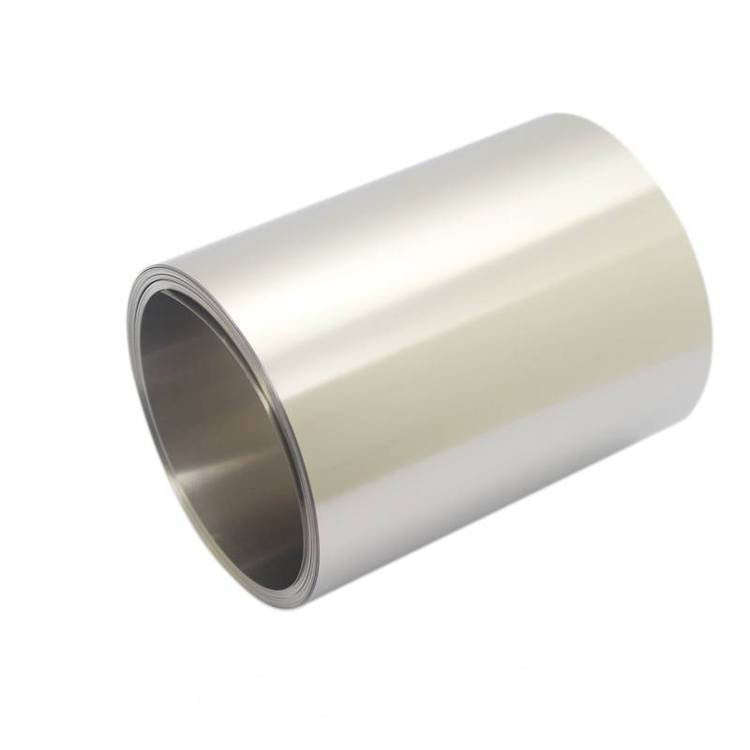
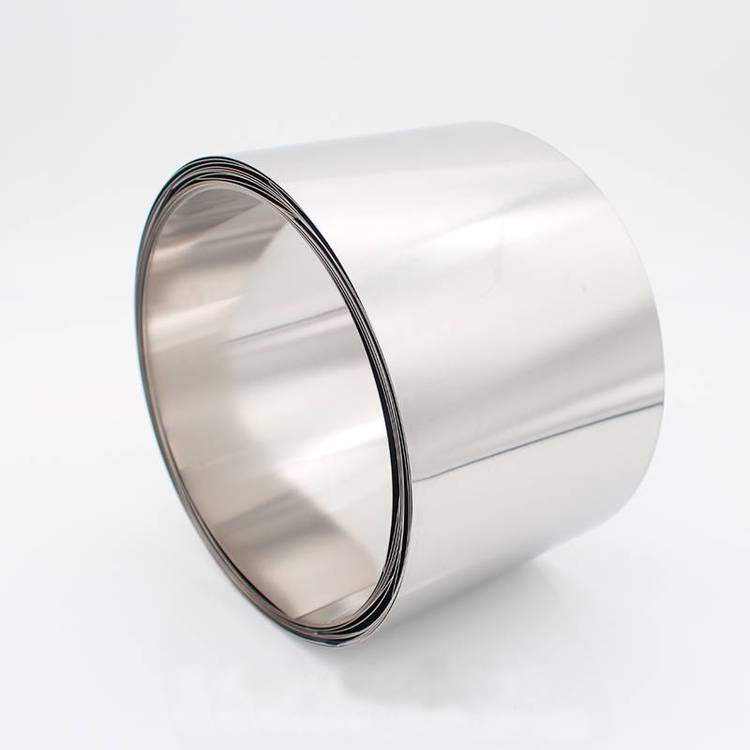
- High Strength-to-Weight Ratio: Titanium foil is known for its excellent strength-to-weight ratio, making it a lightweight yet durable material. This property is especially valuable in industries like aerospace, where minimizing weight while maintaining structural integrity is crucial.
- Corrosion Resistance: One of the standout features of titanium is its exceptional resistance to corrosion. It forms a stable oxide layer on its surface, protecting it from environmental factors such as water, air, and chemicals. This makes titanium foil ideal for use in harsh or corrosive environments.
- High-Temperature Resistance: Titanium foil can withstand high temperatures without compromising its mechanical properties. It remains strong and stable even at elevated temperatures, which is why it is used in high-performance applications like jet engines and chemical reactors.
- Biocompatibility: Titanium is biocompatible, meaning it is non-toxic and compatible with the human body. This makes titanium foil a popular choice for medical implants and devices, as it does not cause adverse reactions in the body.
- Excellent Fatigue Resistance: Titanium foil has excellent fatigue resistance, making it suitable for applications that require materials to endure repeated stress without failure. This property is critical in aerospace, automotive, and other engineering sectors.
- Non-Magnetic: Titanium is non-magnetic, which makes titanium foil a valuable material in electronic and medical devices where magnetic interference can affect performance.
- Formability and Flexibility: Titanium foil is highly malleable and can be easily formed into various shapes. It can be rolled, stamped, or processed to meet the specific needs of different applications, making it versatile in manufacturing processes.
-
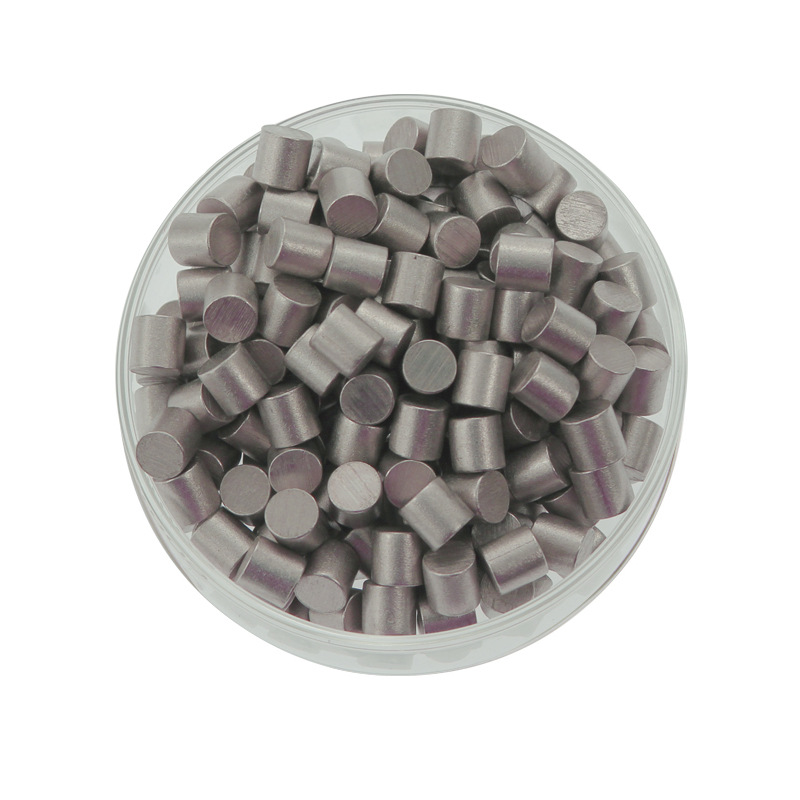
- High Corrosion Resistance: Titanium’s natural oxide layer provides exceptional resistance to corrosion, making it ideal for harsh environments.
- Strong Adhesion: Titanium films have excellent adhesion to a wide range of substrates, ensuring durable, stable coatings.
- Low Density: Titanium is lightweight, making it ideal for applications where weight reduction is important, such as in aerospace and medical industries.
- High Melting Point: With a melting point of 1,668°C, titanium can be used in high-temperature environments without degradation.
- Biocompatibility: Titanium’s biocompatibility makes it suitable for medical implants and devices.
-
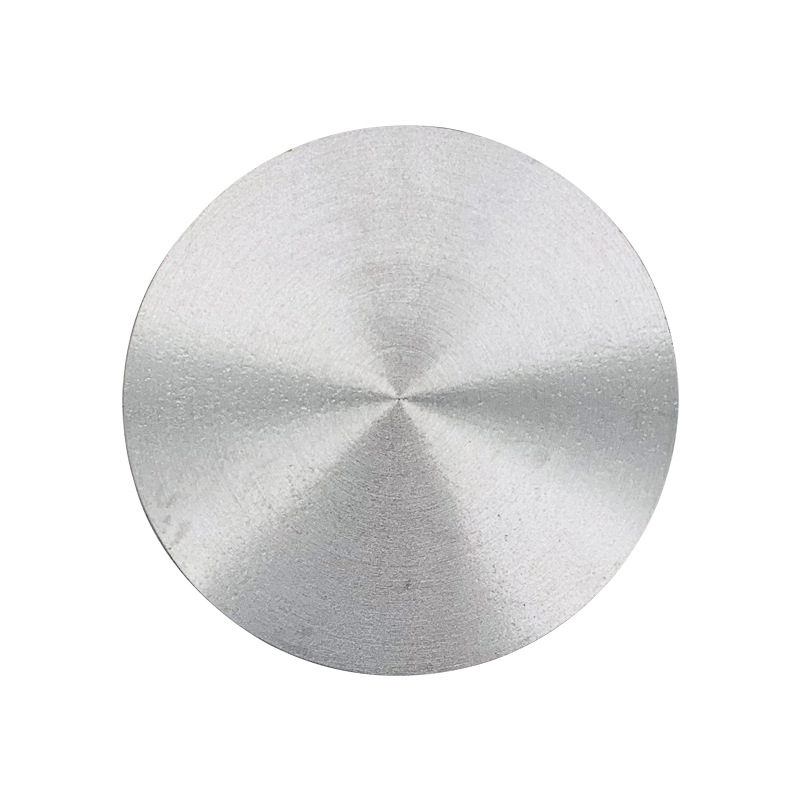
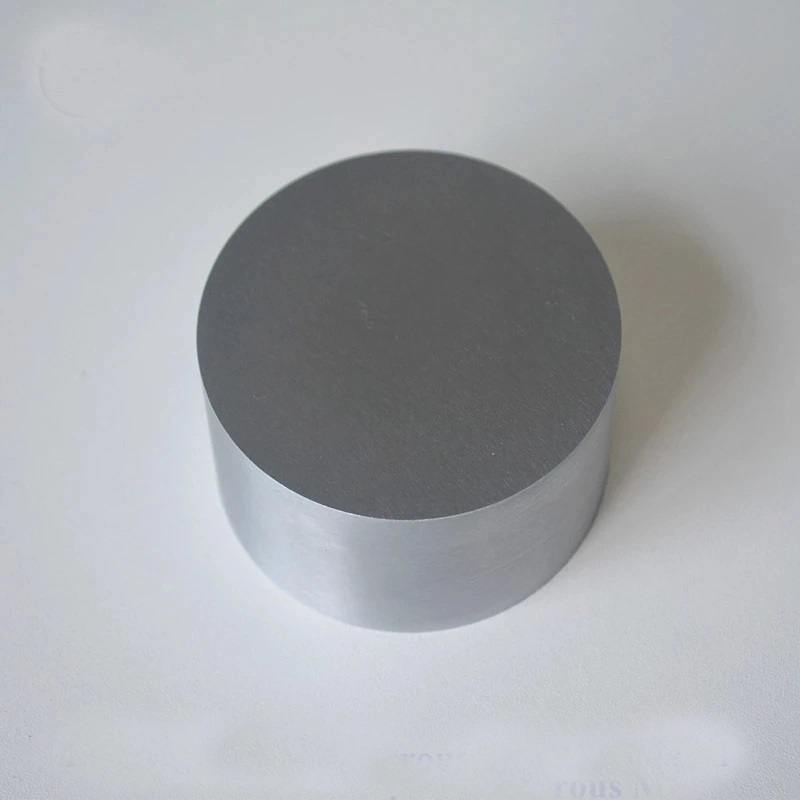
Titanium (Ti) sputtering targets are widely used in physical vapor deposition (PVD) processes to create thin films and coatings on various substrates. Titanium is known for its high strength-to-weight ratio, excellent corrosion resistance, and ability to form strong bonds with a variety of materials, making it an ideal choice for many industrial applications.
















